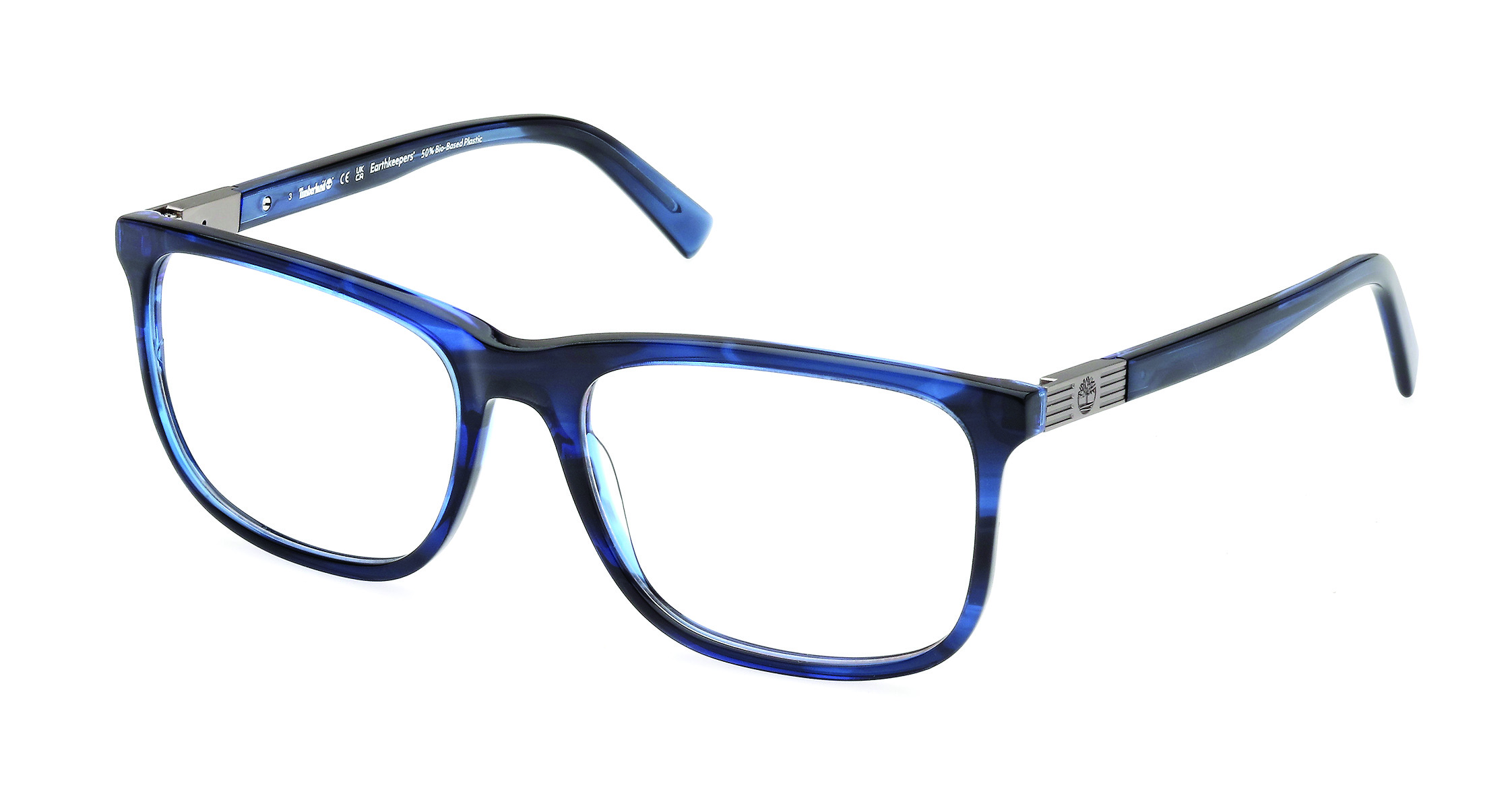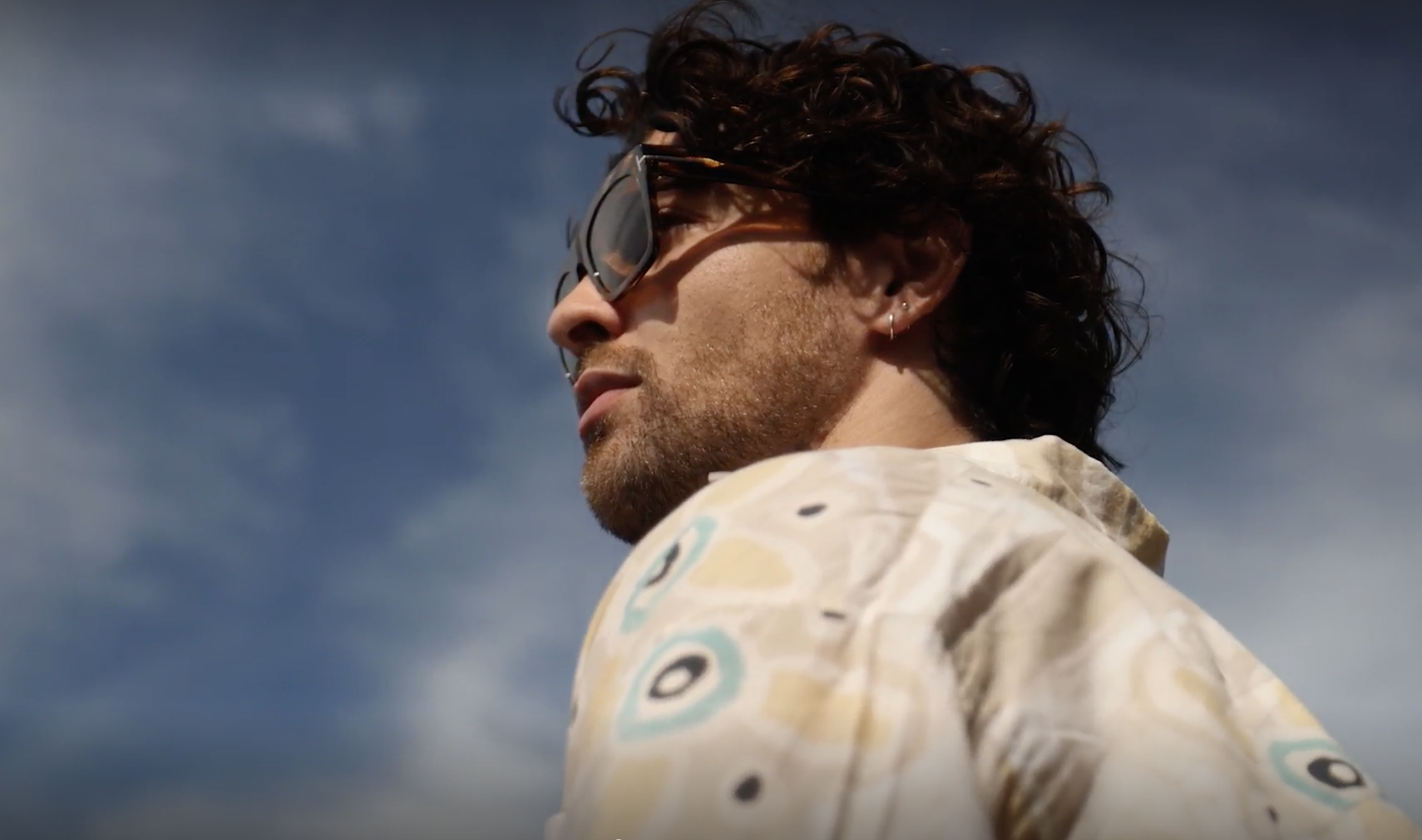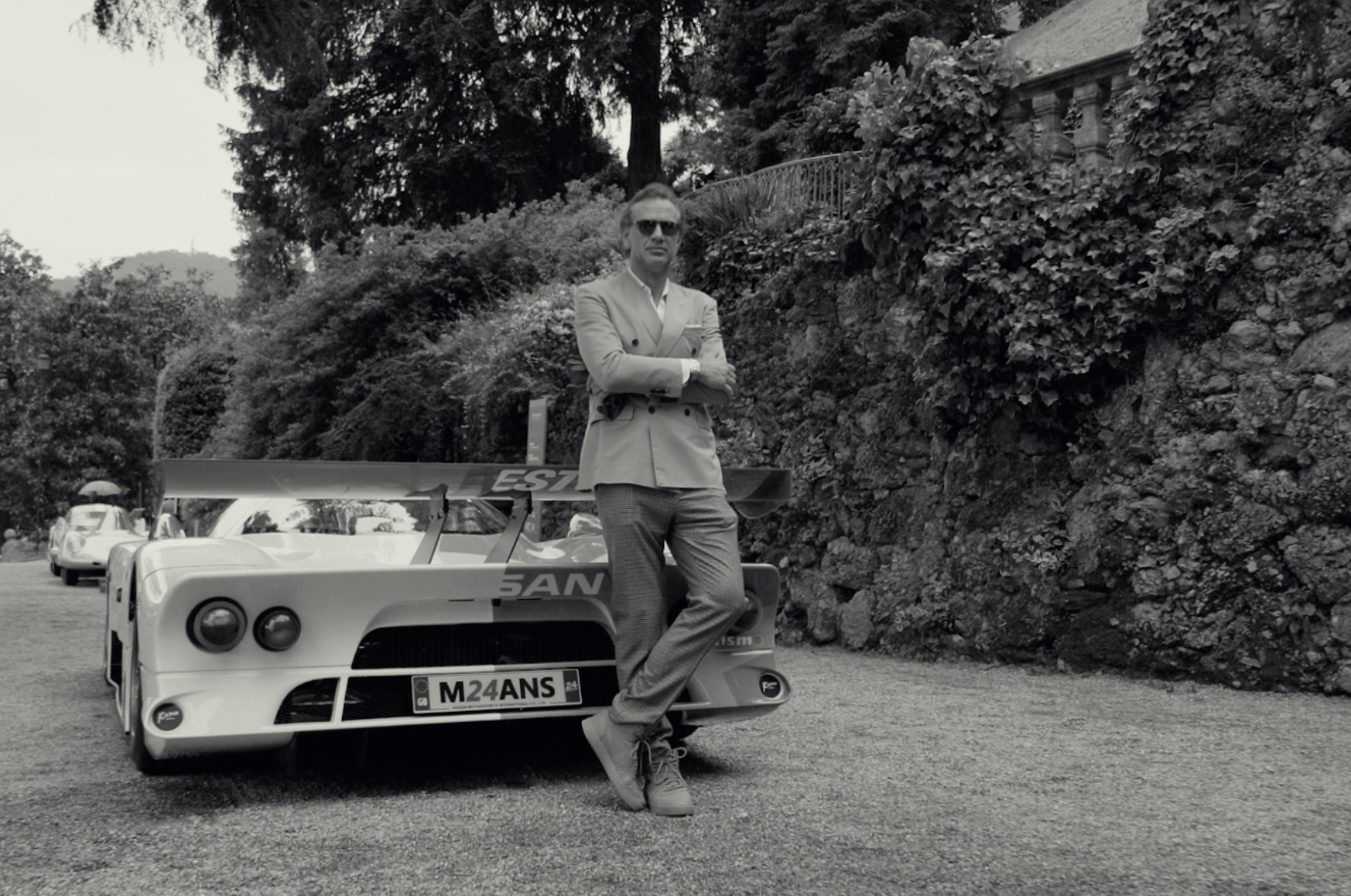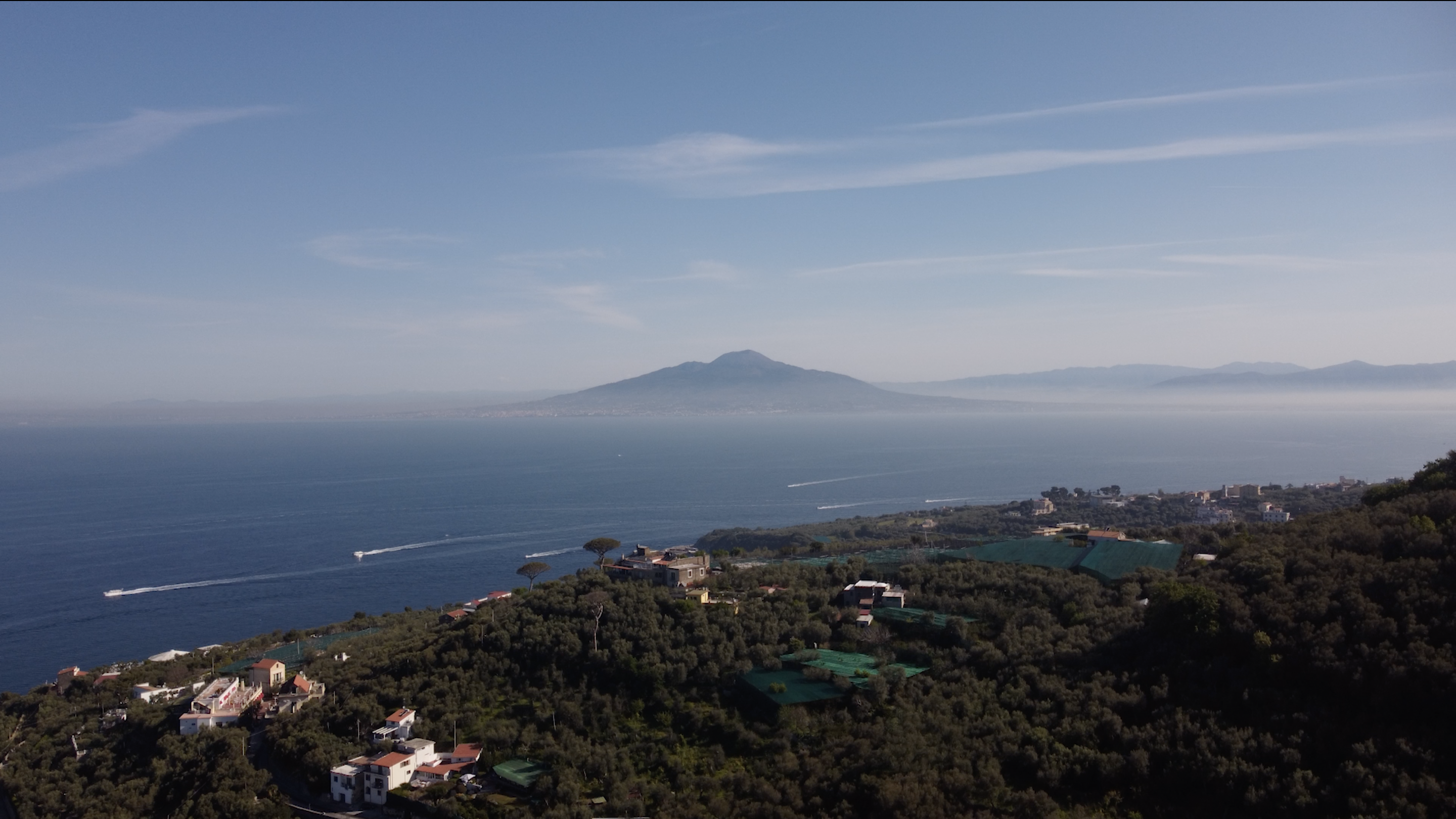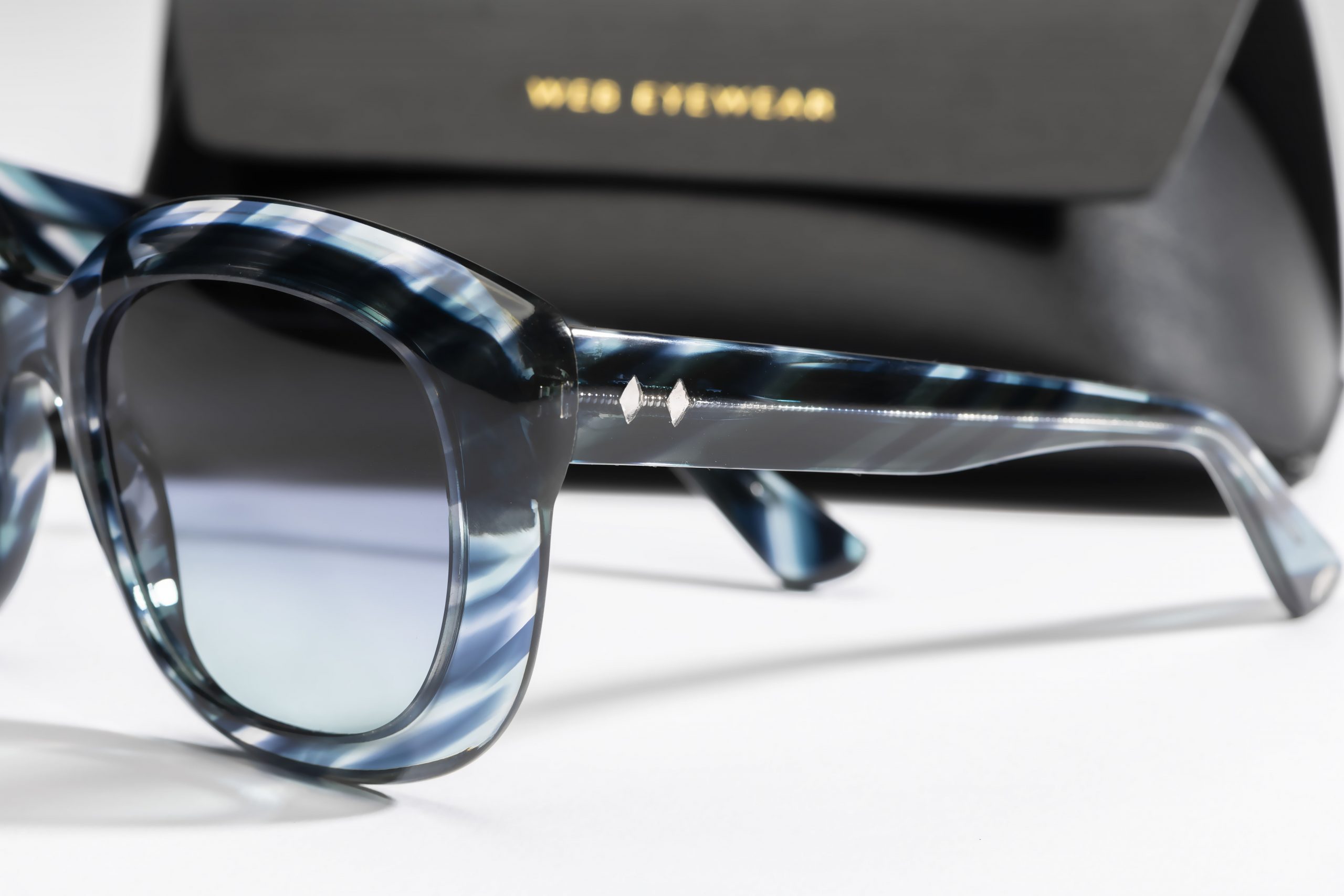The Traceability Project, whose launch you oversaw, is an important step involving the supply chain. What’s it all about?
Sustainability is one of the cornerstones of the Marcolin story: we’re committed to this issue in every area of the company, starting with the product and involving the entire value chain. The result of this engagement, in terms of product for example, prompted the company, the first in the eyewear sector – among manufacturers – to obtain ISO 13485:2016 certification, an international standard for quality management systems in the medical device sector. An important prerequisite for this award was the ‘Traceability Project’ in which the company has been engaged for some time, supporting continuous monitoring in the supply chain of glasses placed on the market. The project envisages that all frames for sunglasses and prescription glasses made by Marcolin will feature a laser-engraved serial number on the temple (also indicated on the labelling of each product, together with the date of manufacture), thus enabling the company to trace the frames from production to distribution.
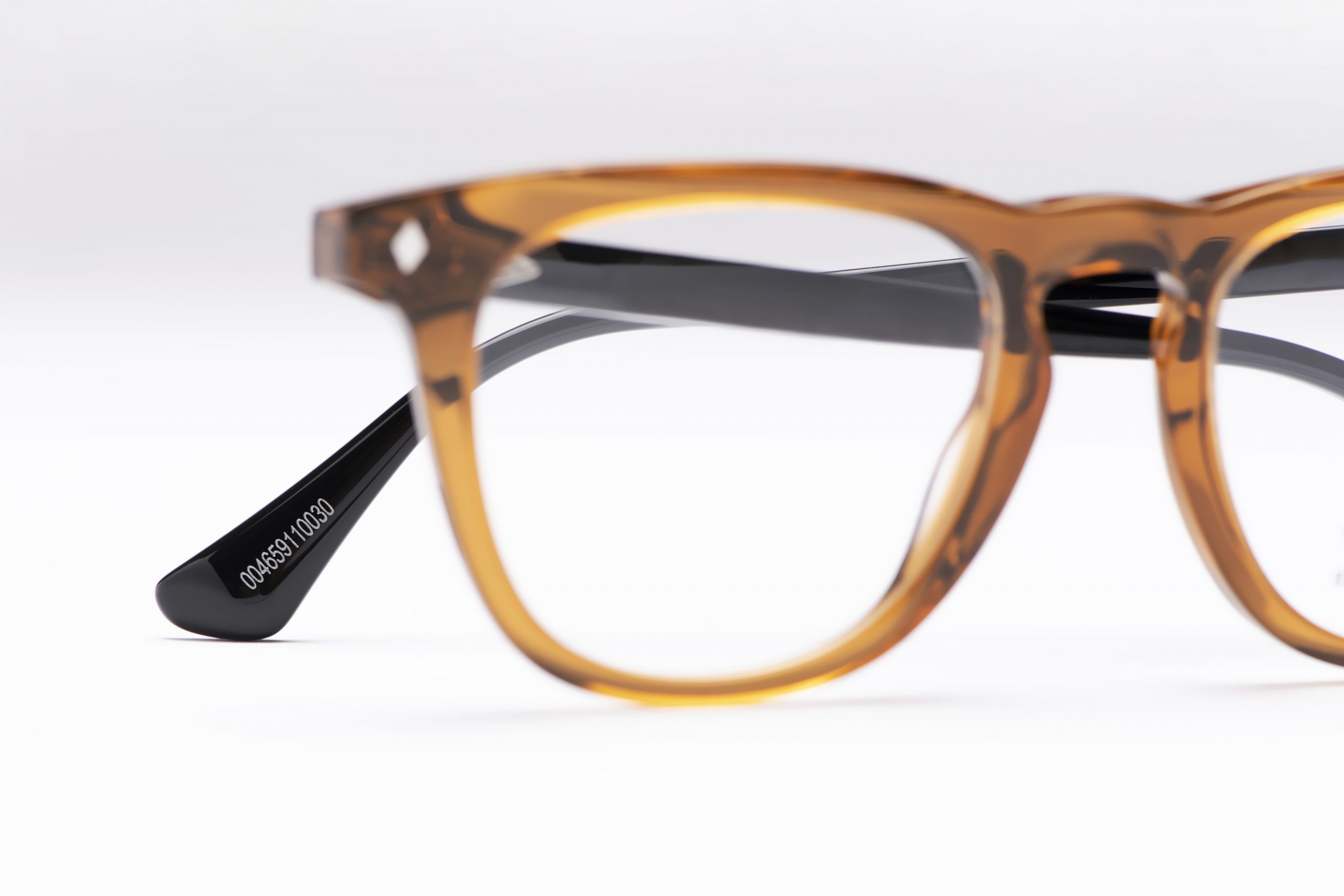
How does traceability affect the sustainability of both natural and human resources?
Certification and the Traceability Project are part of a broader ESG plan developed by the company, which has economic, social and environmental sustainability as one of the foundations of its development strategy. We embrace care for the environment, for people and for effective, modern corporate governance, to achieve those 17 SDGs [Sustainable Development Goals, Ed.] set by the United Nations in 2015. A commitment for all of us, which we also ask our partners and suppliers to share, in a vision of collective social responsibility.
What’s the secret of an efficient and sustainable supply chain, and in which factors will Marcolin be investing in the future?
Marcolin pursues its commitment by investing: through research and development projects focusing on new sustainable materials for both products and packaging. Then we have monitoring and quality and product safety control along all stages of the value chain. But we go even further than that, by qualifying and selecting our suppliers, drawing up an ongoing analysis and risk assessment. Attention to the environment also involves our production site, whose environmental management system is certified in compliance with ISO 14001. It’s the accolades we’ve received that motivate us to continue along this path: we’re constantly engaged in the study and development of energy efficiency and waste reduction projects. Without forgetting the importance of the safety of the environments in which production facilities are located. Ensuring safe, healthy environments for our resources is another of the company’s core values.
